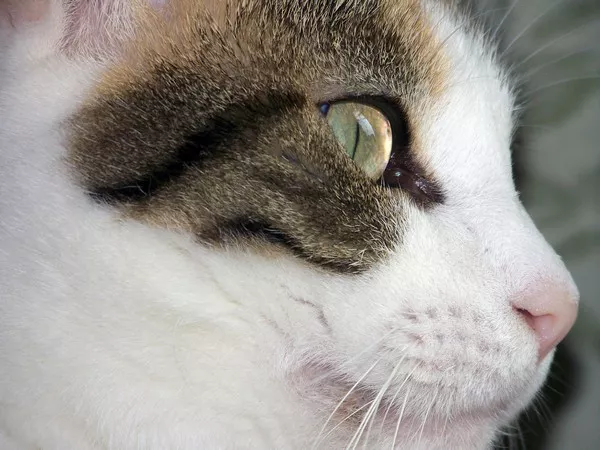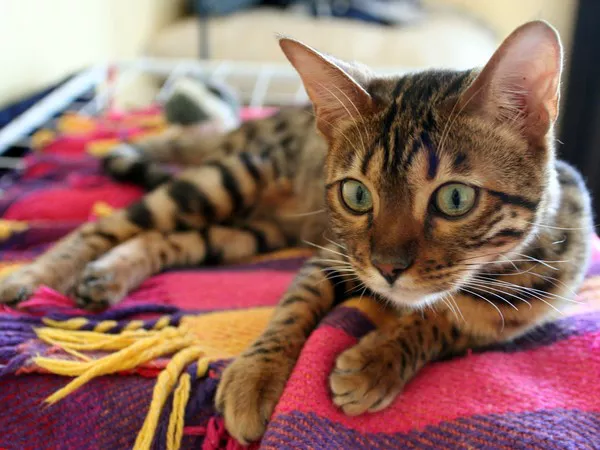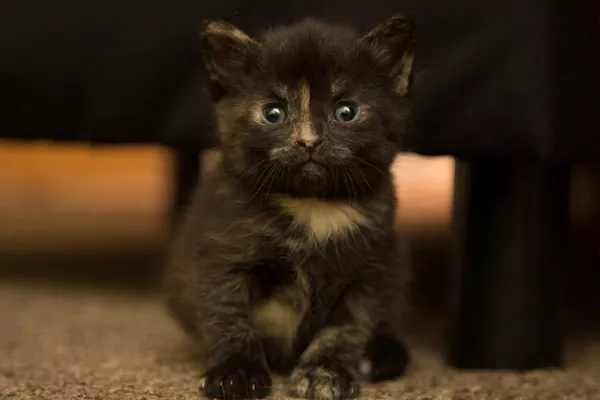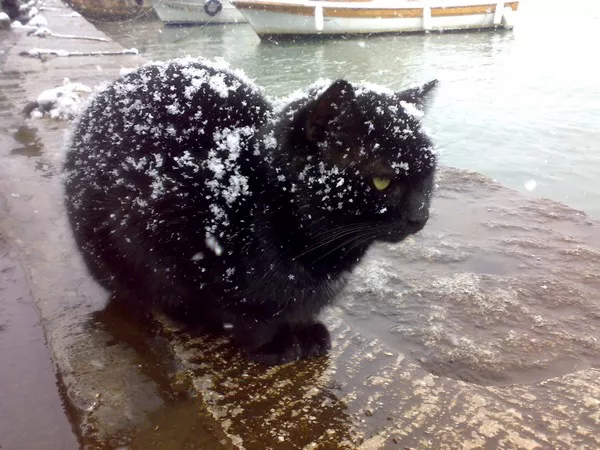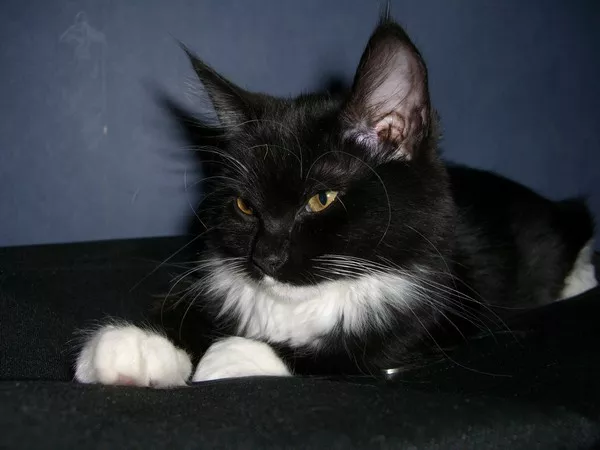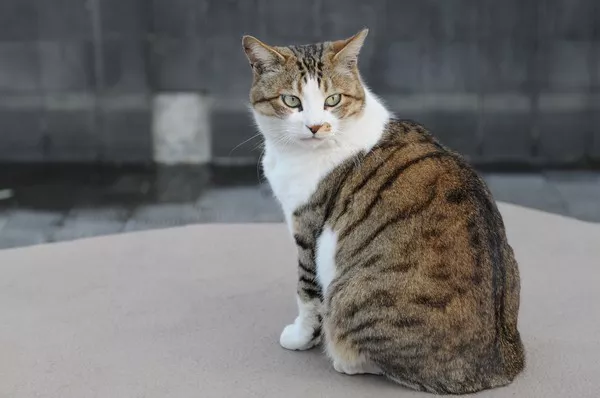The bond between a mother cat and her kittens is a fascinating aspect of feline behavior that has intrigued pet owners and animal behaviorists alike. While many people may assume that cats, often stereotyped as aloof and independent creatures, do not exhibit strong maternal instincts, the reality is quite different. This essay delves into the complexities of maternal care in cats, exploring the behaviors, instincts, and emotional connections that define the relationship between mother cats and their kittens. By examining the various stages of kitten development, the mother cat’s nurturing behaviors, and the implications of maternal care on the kittens’ future, we can gain a comprehensive understanding of this critical aspect of feline life.
Understanding Maternal Instincts in Cats
The Nature of Feline Maternal Instincts
Maternal instincts in cats are driven by a combination of biological, hormonal, and environmental factors. Unlike some species that require extensive parental care, cats have evolved to be more independent, but this does not mean they lack maternal instincts.
Instinctual Behavior: Female cats, or queens, are biologically wired to care for their young. This behavior is primarily driven by the need to ensure the survival of their offspring. Instincts guide queens to provide food, warmth, and protection to their kittens.
Hormonal Influences: After giving birth, a mother cat experiences a surge in hormones such as prolactin and oxytocin, which play a crucial role in nurturing behavior. Oxytocin, often referred to as the “bonding hormone,” promotes affectionate behaviors and strengthens the bond between the mother and her kittens.
The Importance of Maternal Care
Maternal care is vital for the survival and development of kittens. In the early weeks of life, kittens are entirely dependent on their mother for survival. The mother’s care encompasses several critical aspects:
Nourishment: Kittens rely on their mother’s milk for nutrition. The milk provides essential nutrients, antibodies, and hydration, which are crucial for their growth and immune system development.
Warmth and Comfort: Newborn kittens are unable to regulate their body temperature effectively. The mother cat provides warmth by cuddling with her kittens and keeping them close, ensuring they remain comfortable and secure.
Socialization and Learning: Maternal care extends beyond physical needs. The mother cat plays a vital role in socializing her kittens, teaching them important behaviors that they will need as they grow. This includes grooming, hunting skills, and appropriate social interactions.
Stages of Kitten Development and Maternal Care
Neonatal Stage (0-2 Weeks)
The neonatal stage is characterized by complete dependence on the mother. During this time, the mother cat’s care is crucial for the survival of her kittens.
Nursing: Kittens instinctively seek out their mother’s teats for milk. The mother cat typically nurses her kittens several times a day, ensuring they receive the necessary nutrients for growth.
Cleaning and Stimulation: The mother cat licks her kittens to clean them and stimulate their bodily functions, such as urination and defecation. This behavior is essential, as kittens are unable to eliminate waste on their own during this stage.
Safe Environment: The mother cat creates a safe space for her kittens, often choosing a secluded area to give birth and raise them. This instinctual behavior protects the kittens from potential predators and disturbances.
Transitional Stage (2-4 Weeks)
As kittens grow, they begin to develop their senses and start to explore their environment. The mother cat’s role during this stage is still critical.
Weaning: Around three to four weeks, kittens start to transition from nursing to solid food. The mother cat begins to encourage this process by bringing her kittens to food sources and gradually reducing nursing sessions.
Socialization: During this stage, the mother cat plays a crucial role in teaching her kittens how to interact with their littermates and other cats. This socialization is vital for their emotional development.
Play Behavior: The mother encourages play among her kittens, which helps them develop their hunting skills and physical coordination. Play behavior is an essential part of learning for young cats.
Socialization Stage (4-12 Weeks)
The socialization stage is critical for a kitten’s development, and the mother cat continues to play an essential role.
Hunting Skills: The mother cat begins to teach her kittens how to hunt. She may bring them small prey or engage in play that mimics hunting behaviors, allowing the kittens to practice their skills.
Boundaries and Behavior: The mother cat teaches her kittens about boundaries and acceptable behavior through gentle corrections. This training is crucial for their future interactions with other cats and humans.
Independence: As they approach 12 weeks, kittens start to become more independent. The mother cat gradually encourages this independence by allowing them to explore further away from her, fostering their confidence and self-reliance.
Maternal Behaviors in Cats
Protective Instincts
One of the most notable aspects of a mother cat’s care is her protective instincts. A mother cat will go to great lengths to ensure the safety of her kittens.
Aggressive Defenses: If she perceives a threat, a mother cat may display aggressive behaviors to protect her kittens. This can include hissing, growling, or even attacking perceived threats, whether they are other animals or humans.
Vigilance: A mother cat remains vigilant and attentive to her surroundings, often positioning herself between her kittens and potential dangers. This instinctual behavior is vital for the survival of her young.
Grooming and Bonding
Grooming is a critical aspect of the mother-kitten relationship.
Physical Bonding: The act of grooming helps strengthen the bond between the mother and her kittens. It provides comfort and reassurance, fostering a sense of security.
Health Benefits: Grooming also serves practical purposes, such as keeping the kittens clean and promoting healthy skin and coat development. It helps stimulate blood circulation and contributes to overall health.
Communication
Mother cats use various vocalizations and body language to communicate with their kittens.
Vocalizations: Kittens learn to respond to their mother’s calls, which helps them stay close and develop a sense of security. The mother cat may also use specific sounds to communicate different messages, such as warning her kittens of danger.
Body Language: The mother cat’s body language plays a crucial role in teaching her kittens social cues. Kittens learn to interpret signals such as tail position, ear orientation, and facial expressions, which are essential for their future interactions with other cats.
Factors Influencing Maternal Care
Age and Experience
A mother cat’s age and experience can significantly influence her maternal behavior.
First-Time Mothers: First-time queens may exhibit less confidence in their maternal instincts. They may require more support and guidance from their owners to ensure their kittens are cared for properly.
Experienced Mothers: More experienced mothers often show stronger maternal instincts and are typically more adept at caring for their kittens. They may demonstrate more effective nurturing behaviors and a better understanding of their kittens’ needs.
Health and Well-Being
The health and well-being of the mother cat directly impact her ability to care for her kittens.
Nutritional Needs: A well-nourished mother cat is better equipped to produce milk and care for her kittens. Proper nutrition during pregnancy and lactation is crucial for the health of both the mother and her young.
Stress Levels: High-stress environments can negatively affect a mother cat’s ability to care for her kittens. Stress can lead to neglectful behaviors, which can harm the kittens’ development.
Environmental Factors
The environment in which a mother cat raises her kittens also plays a significant role in her maternal behavior.
Safe Space: Providing a quiet, safe, and comfortable space for the mother cat and her kittens is essential. A secure environment allows the mother to focus on caring for her young without distractions or threats.
Socialization Opportunities: The presence of other animals or humans can influence a mother cat’s behavior. Some mothers may be more protective in the presence of other pets, while others may be more relaxed.
The Impact of Maternal Care on Kittens
Developmental Outcomes
The quality of maternal care has lasting effects on the development of kittens.
Behavioral Development: Kittens that receive adequate maternal care tend to develop better social skills and emotional resilience. They are more likely to be well-adjusted and sociable as adults.
Health and Survival: Maternal care significantly impacts the health and survival rates of kittens. Kittens that are nurtured and protected by their mothers are more likely to thrive and grow into healthy adults.
Long-Term Effects
The experiences kittens have during their early life can shape their behavior and personality in adulthood.
Social Skills: Kittens that receive proper maternal care are more likely to exhibit positive social behaviors in adulthood. They tend to be more confident and less fearful of new experiences.
Bonding with Humans: Kittens that experience nurturing and positive interactions with their mother are often more receptive to human companionship. This early socialization can lead to stronger bonds with their human caregivers.
Conclusion
In conclusion, mother cats do care about their kittens, exhibiting a range of nurturing behaviors that are essential for the survival and development of their young. From providing nourishment and warmth to teaching important social skills, maternal care plays a critical role in shaping the future of kittens. The bond between a mother cat and her kittens is complex and influenced by various factors, including the mother’s age, health, and environmental conditions.
Understanding the significance of maternal care in cats not only enhances our appreciation for these remarkable animals but also underscores the importance of providing a supportive environment for mother cats and their kittens. By ensuring that mothers have the resources and space they need, we can help foster healthy, well-adjusted kittens that will thrive in their future lives. Ultimately, the care and affection that mother cats provide are vital components of a kitten’s early life, laying the foundation for their development and future relationships.
Related topic:



